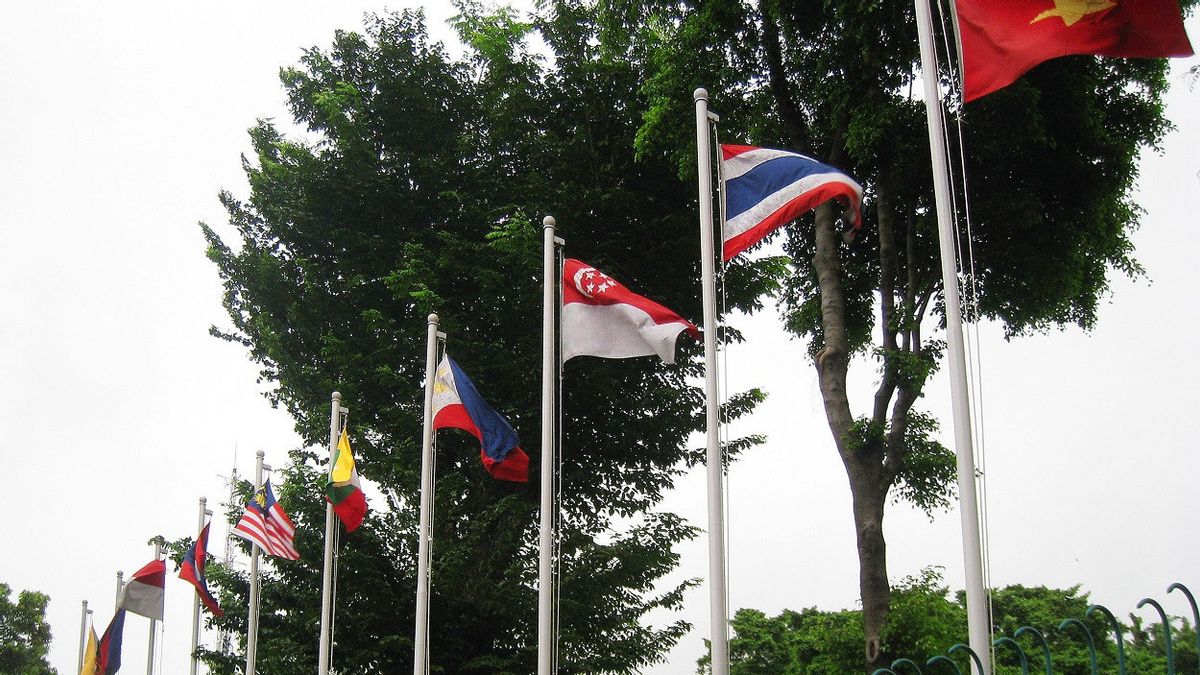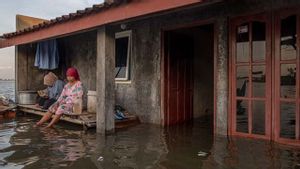JAKARTA - Deputy Chairman of the MPR RI Ahmad Basarah said, the Association of Southeast Asian Nations (ASEAN) and its partners can have a bargaining position in facing challenges in the South China Sea (SCS), when they reflect on the magnitude of their economic potential.
"ASEAN and its partners can have a bargaining position in facing developments in the South China Sea," Basarah said in a written statement, citing Antara, Wednesday, August 11.
He continued, this was because in the midst of tensions between the West and China in the South China Sea, ASEAN has now become a strategic economic bloc after joining China, Japan, New Zealand, South Korea, and Australia in the Regional Comprehensive Economic Cooperation (RCEP).
The partnership, which was initiated at the ASEAN Summit in Bali in 2011, is considered to be the largest trade partnership in the world, covering 30.2 percent of world GDP, 27.4 percent of world trade, and 29.8 percent of foreign direct investment.
Therefore, Basarah said, with such great economic potential, ASEAN could ideally contribute to solving problems in the South China Sea.
"In fact, ASEAN should ideally be a party that helps to resolve problems in the South China Sea or contribute to the creation of world security," he said.
However, he reminded that the ASEAN economic cooperation agreement in the RCEP partnership must be a partnership that benefits all ASEAN members.
He hopes that the stability of countries in the region, created by the principle of non-intervention, becomes fertile ground for investment as well as potential consumers from partnering developed countries.
"Partnerships must be mutually beneficial and for the greatest prosperity of the people. Do not let the assumption that ASEAN is a region for production, because labor is cheap and is a location to sell products," he said.
Basarah added that the principle of non-intervention in the economic and political fields adopted by ASEAN on a different side presents its own challenges. Because ASEAN member countries are allowed to adopt a liberal democratic system, authoritarianism, and even communism.
"So, the countries of the Western Block and Eastern Block have great interests in ASEAN. Making ASEAN elastic, dynamic, and also full of challenges," he concluded.
The English, Chinese, Japanese, Arabic, and French versions are automatically generated by the AI. So there may still be inaccuracies in translating, please always see Indonesian as our main language. (system supported by DigitalSiber.id)













